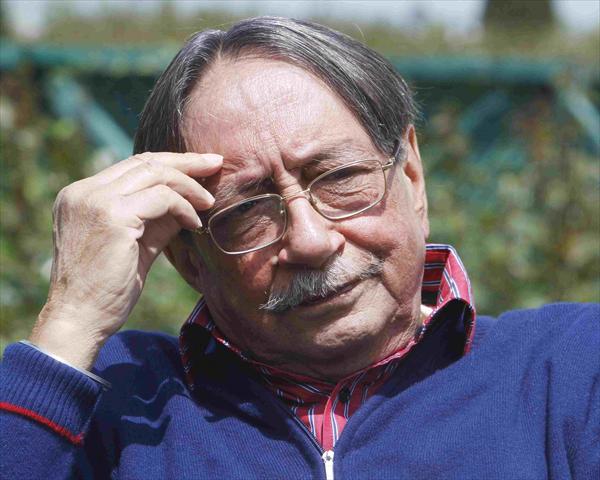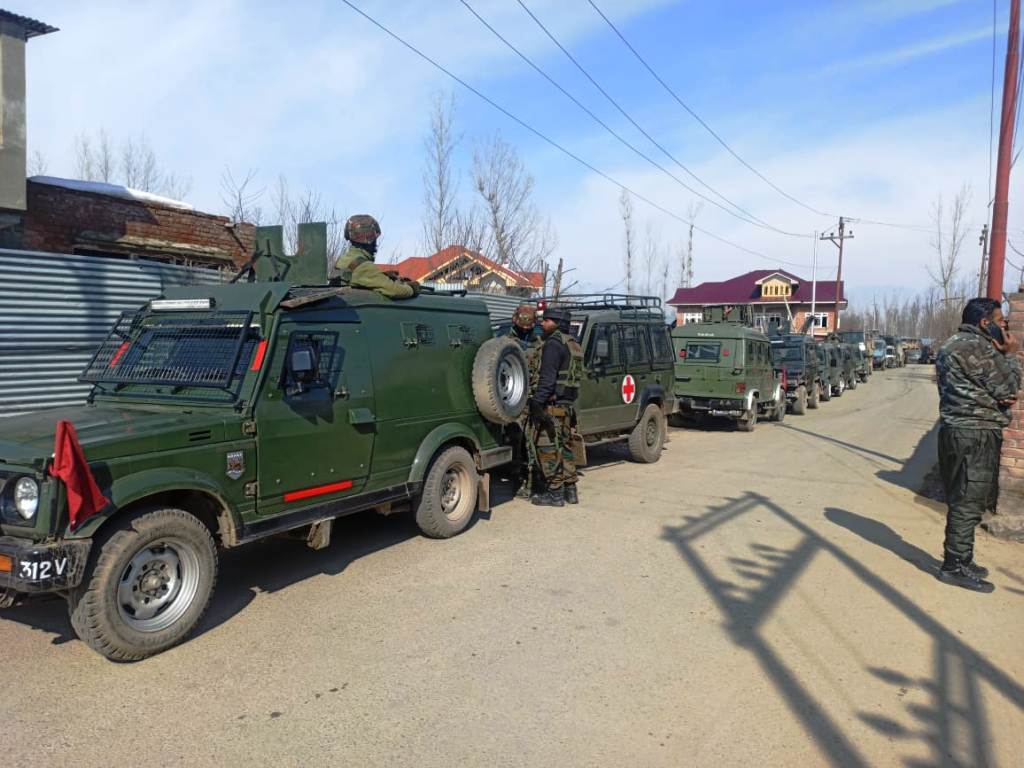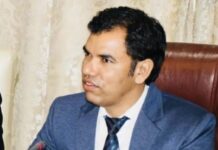Srinagar:
Civil society members of mainland India including Ashok Bhan, Advocate SC; AS Dulat, Ex Director, RAW; MM Ansari, former Interlocutor on J&K; HK Dua, former Media Advisor to PM; Prof Hasnain, VC, Jamia Hamdard on Wednesday submitted a memorandum to President of India.

The memorandum stated that India’s political and strategic interests are intertwined with the welfare and goodwill of the society in the J&K State. In spite of several piecemeal efforts to restore peace and normalcy in the State, thousands of people including women, children and the security forces have lost their precious lives. And, minorities have been exiled. A holistic political process needs to be evolved to resolve the imbroglio keeping in view the expectations and aspiration of all the sections of population of the state, particularly the youth.

“Kashmiris are yearning for peace. Of late, disturbing turns of events in the State, particularly in the valley, are observed. From 2010 onwards, the growing unrest in the valley due to unabated insurgency and militancy has resulted in deterioration in law and order of the State; and, consequent loss of lives of innocent persons. Education and employment opportunities have been missed to an unrecoverable extent. This has contributed to alienation and marginalization of entire population, particularly the youth who are agitating against the denial of socioeconomic and political entitlements as guaranteed under the Constitution of India.”
One of the major causes of the recent turbulence and violence is attributable to the betrayal of democratic expectations particularly after 2014 elections in the state, the memorandum stated. “The people overwhelmingly participated in the national elections with a hope that the political and democratic processes would ensure the realization of aspirations of every section of the society. And, thus, prepare the ground for effective socioeconomic empowerment of the people. In this context, the following confidence building measures should be implemented on priority basis.”
- All the political prisoners and other detainees under Public Safety Act (PSA) should be released and invited for participation in a credible peace process.
- Resolution of the Kashmir imbroglio should be accorded the highest priority within a shortest span of timeframe for which all the stakeholders, including those who for various reasons have not been part of the mainstream political parties, should be engaged for identifying and resolving all the contentious problems and issues.
- A detailed action taken report on the recommendations made so far by the various Expert Groups should be put in public domain for eliciting feedback from all the concerned section of the society.
- Grievances of all the sufferers of insurgency and militancy, including migrants and displaced persons should be addressed to create a congenial environment for peace and development. All the victims should be suitably compensated.
- Use of lethal weapons, such as pallet guns/bullets, by the security forces should be banned and all those who have suffered physical damages should be medically treated and financially compensated.
- The police law (Public Safety Act) and the law for the security forces (AFSPA) are considered draconian and anti democratic principle. Such harsh laws ought not be invoked, as they are responsible for human rights violations in the state.
- Diplomatic efforts should be made to carry forward the spirit of Shimla Agreement to sort out political differences with Pakistan. The manner in which territorial problems were resolved with Bangladesh offers hope for peaceful resolutions of all the problems emanating from the partition days.
- Ensure sustainable and equitable empowerment of all the three regions, Jammu, Ladakh and Kashmir regions. Devolution of resources should be planned and executed on the basis of requirements of each District and region.
- All the democratic institutions should be strenthened; and, accordinly the Panchayat institutions shold be duly operationalised to ensure proper implementation of Central Schemes like education and health care for all and other poverty alleviation programmes.
- Ensure effective implementation of the Centre’s Schemes, namely, J&K Students Special Scholarships for post secondary education and Udaan for promoting employment so as to remove alienation among the Kashmiri Youth, for which the schemes were designed.















